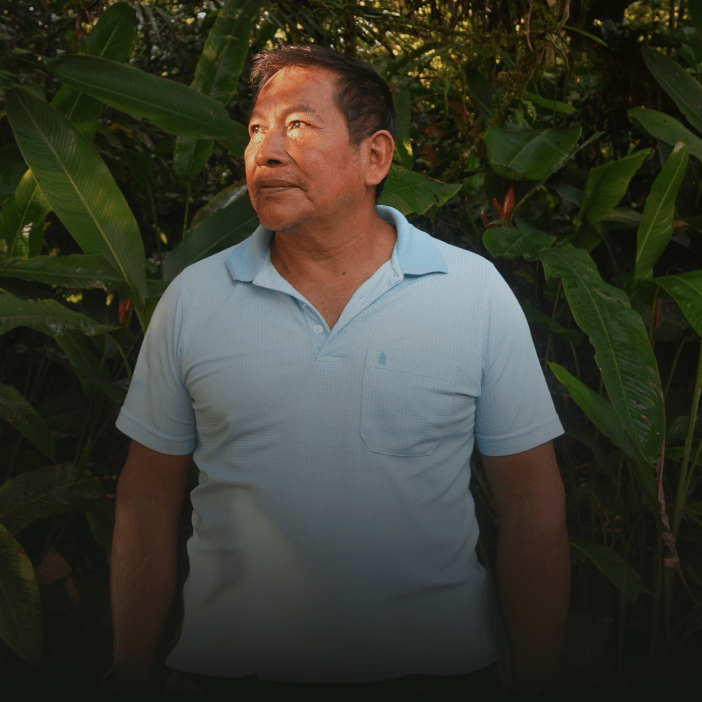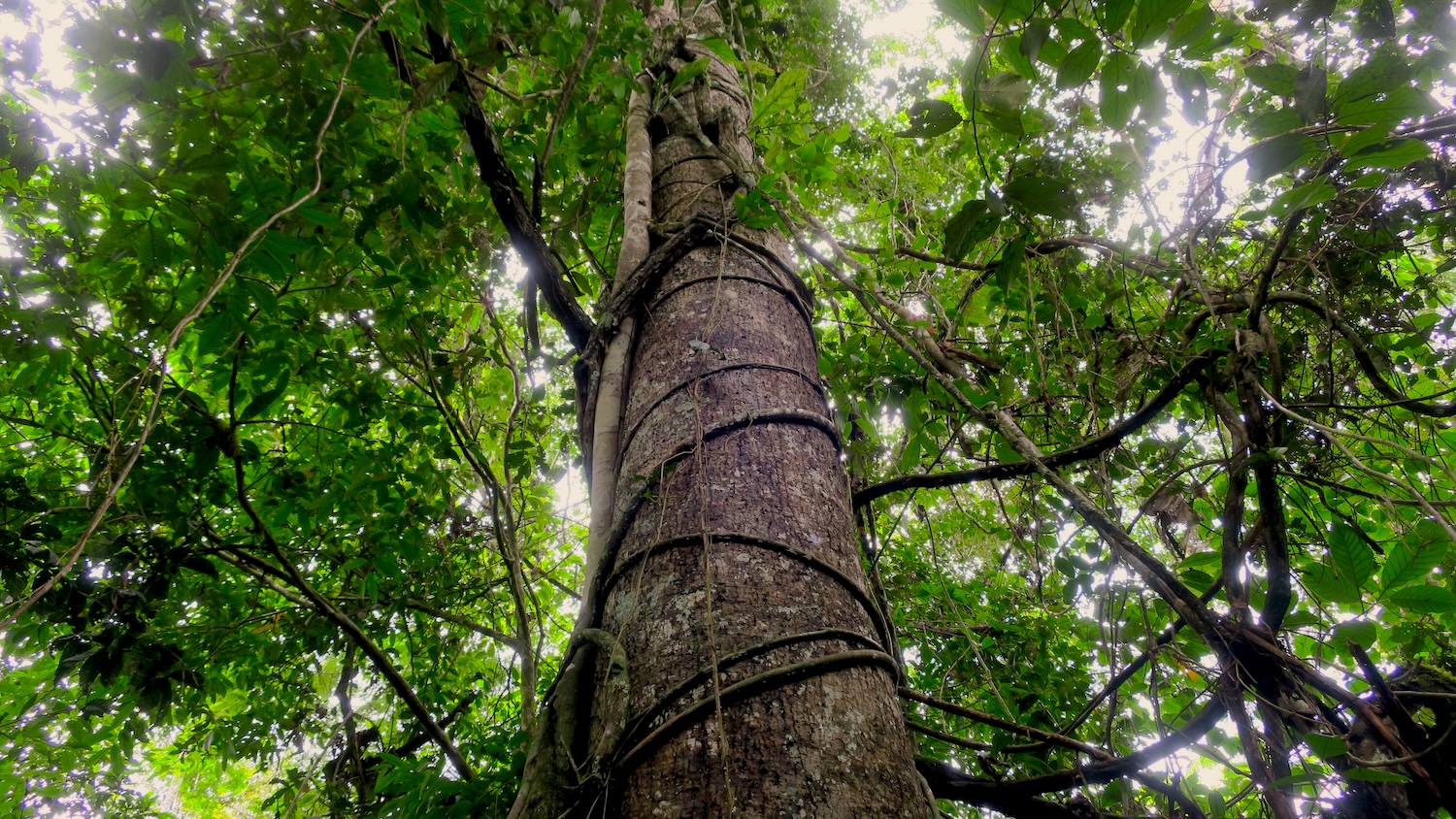
Supporting Indigenous peoples on the frontlines of rainforest protection is not just an ethical imperative—it is a smart and effective strategy.
Deforestation in rainforests safeguarded by Indigenous peoples is significantly lower than even national parks—and healthy forests are vital in protecting biodiversity and slowing climate change.
At the critical intersection of environmental protection and human rights, we focus on three priority areas: Land Rights, Rainforest Protection, and Strengthening Organizations. We also help shape Forest Policy.
Land Rights
- Legal
- Technical
- Advocacy Support
Without legal recognition of their lands, it’s difficult for Indigenous peoples to maintain their ways of life and safeguard their forests.
Land titled to Indigenous communities show 66% less deforestation than untitled lands. Supporting our partners in securing land rights has remained central to our mission since our founding. Our work ranges from community-based participatory mapping to advocating for landmark cases in international courts.
Read more about our Land Rights work
- Strengthen our partners’ legal, technical, and advocacy capacities to advance their land rights
- Provide mapping support for new and expanded land claims
- Co-develop strong, evidence-based arguments for policy changes on land rights
- Foster advocacy alliances with key donors, governments, and organizations
With our support, Indigenous peoples have secured the rights for over 42.7 million acres over the past 35 years.
Rainforest Protection
- Mapping
- Technology
- Legal Support
Deforestation is one of the greatest threats to Indigenous ways of life and our planet, driving carbon emissions, biodiversity loss, and climate change.
Our territorial monitoring work provides tools, training, and resources to Indigenous peoples to map, monitor, and secure their territories.
Read more about our Rainforest Protection work
- Provide Indigenous peoples and local communities with technology like smartphones and drones to respond to territorial threats like deforestation and mining
- Provide mapping support for new and expanded land claims
- Help expand satellite information centers staffed by community members to take action against threats to their lands
- Facilitate programs enabling Indigenous forest monitors to teach their skills to other community members
- Foster collaboration with allies and government officials to strengthen territorial protection initiatives
- Incorporate safety and security measures for land defenders and their communities
- Provide legal and advocacy support for land defenders
Communities using our Rainforest Alert monitoring program saw 52% less deforestation in the first year alone.
Strengthening Organizations
- Capacity Strengthening
- Direct Finance
Organizations with strong internal structures are better equipped to manage and protect their forests.
Our Institutional Strengthening programs enhance governance, communications, administrative, and financial capacities. We invest directly in partner organizations.
Read more about our Institutional Strengthening work
- Enhance partner organizations' governance, administration, and financial capacities to ensure they’re strong, well-resourced, and resilient
- Provide direct financing for partners to advance their priorities
- Support the establishment of Indigenous-led funding mechanisms that directly finance Indigenous peoples and local communities
- Advocate for increased international climate funding for Indigenous peoples and local communities, and ensure their rights are respected through these processes
We support 30 organizations to strengthen their institutions, manage larger funding streams, and achieve their goals.
Rainforest Foundation US supports all of our partners to shape forest policy to best protect their rights. Read more about our policy work here.









